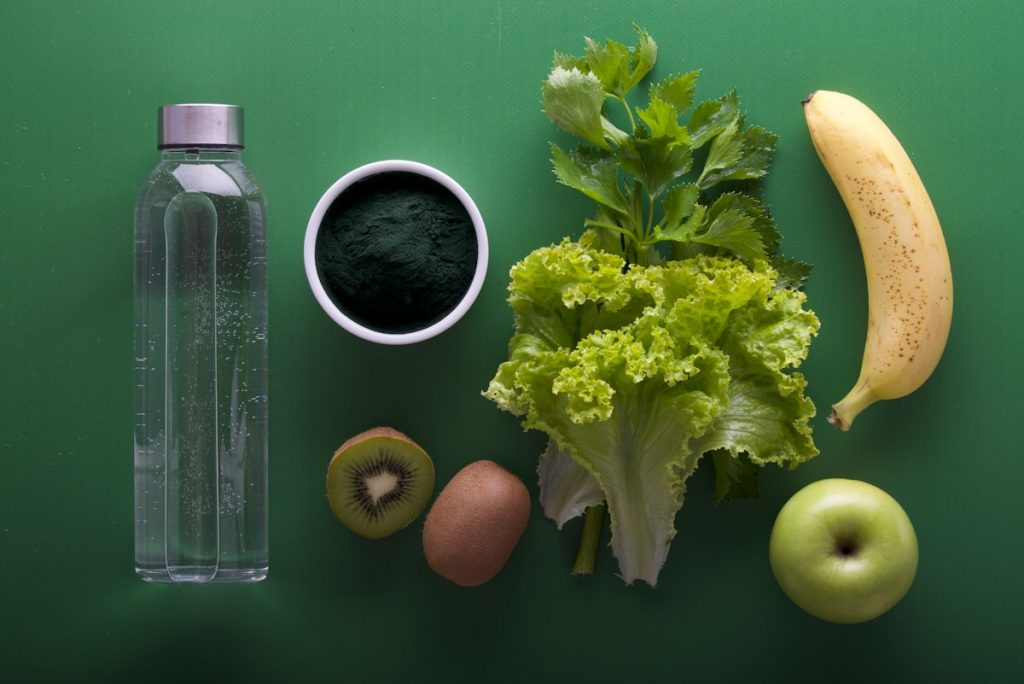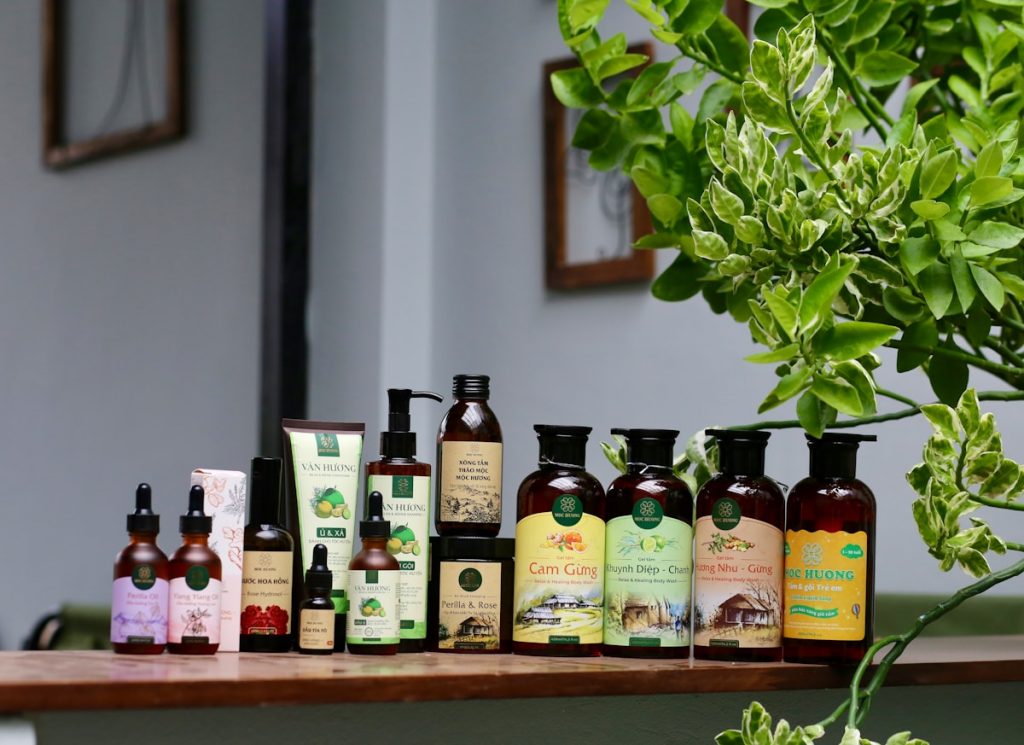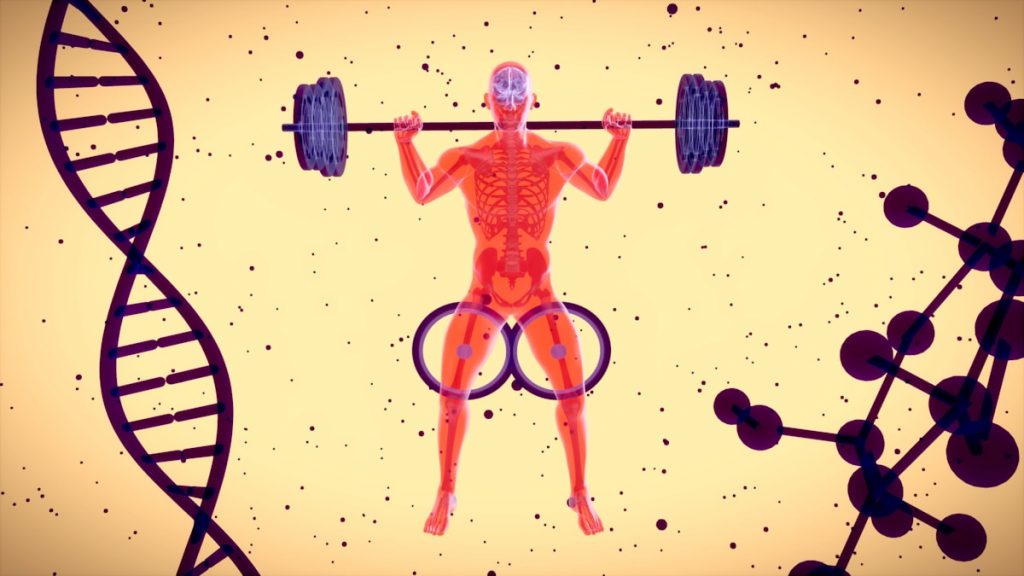Toxins are harmful substances that can disrupt the normal functioning of the body, leading to a myriad of health issues. These substances can be classified into two main categories: endogenous toxins, which are produced within the body as a result of metabolic processes, and exogenous toxins, which originate from external sources such as pollution, chemicals, and heavy metals. The human body has evolved mechanisms to detoxify and eliminate many of these harmful substances; however, the sheer volume and variety of toxins present in modern environments can overwhelm these natural processes.
This overload can lead to chronic inflammation, hormonal imbalances, and even cellular damage, contributing to a range of diseases including cancer, autoimmune disorders, and neurodegenerative conditions. The effects of toxins on the body can manifest in numerous ways. For instance, heavy metals like lead and mercury can accumulate in tissues and disrupt neurological function, leading to cognitive decline and mood disorders.
Similarly, exposure to environmental pollutants such as pesticides and industrial chemicals has been linked to respiratory issues and endocrine disruption.
The liver, kidneys, and gastrointestinal tract play crucial roles in detoxification; however, when these organs are burdened by excessive toxins, their efficiency diminishes. This can result in symptoms such as fatigue, digestive disturbances, skin problems, and even mental health issues.
Understanding the nature of these toxins and their potential impact on health is essential for developing effective strategies for detoxification.
Key Takeaways
- Toxins can have harmful effects on the body, leading to various health issues.
- Common sources of toxins in the environment include air pollution, pesticides, and certain household products.
- Detoxification is important for overall health as it helps the body eliminate toxins and improve bodily functions.
- Natural ways to support the body’s detoxification processes include staying hydrated, eating a balanced diet, and getting enough sleep.
- Diet plays a crucial role in detoxifying the body, with a focus on consuming whole foods and avoiding processed and sugary items.
Identifying Common Sources of Toxins in the Environment
Identifying the sources of toxins in our environment is a critical step in mitigating exposure and protecting health. Common sources include air pollution from vehicles and industrial emissions, which release particulate matter and volatile organic compounds (VOCs) into the atmosphere. These pollutants can infiltrate homes and workplaces, contributing to respiratory problems and exacerbating conditions like asthma.
Additionally, household products such as cleaning agents, personal care items, and even furniture can emit harmful chemicals. For example, many conventional cleaning products contain phthalates and parabens, which have been associated with hormonal disruptions. Water contamination is another significant source of toxins.
Heavy metals like lead can leach into drinking water from aging pipes, while agricultural runoff can introduce pesticides and fertilizers into local water supplies. Furthermore, food sources are not immune to contamination; pesticides used in conventional farming practices can leave residues on fruits and vegetables. Processed foods often contain artificial additives and preservatives that may pose health risks over time.
By becoming aware of these common sources of toxins, individuals can take proactive steps to reduce their exposure and promote a healthier living environment.
The Importance of Detoxification for Overall Health

Detoxification is a vital process that helps maintain the body’s internal balance by eliminating harmful substances. The importance of detoxification cannot be overstated; it is essential for preventing disease and promoting overall health. The body’s detoxification systems—primarily the liver, kidneys, lungs, skin, and gastrointestinal tract—work continuously to filter out toxins and waste products.
When these systems function optimally, they help maintain homeostasis, support immune function, and enhance energy levels. However, when the body is overwhelmed by toxins, it can lead to a state of toxicity that may manifest as chronic fatigue, digestive issues, or skin problems. Moreover, detoxification plays a crucial role in mental health.
Emerging research suggests that the accumulation of toxins may contribute to neuroinflammation and cognitive decline. By supporting the body’s natural detoxification processes, individuals may experience improved mood, enhanced cognitive function, and reduced anxiety levels. This holistic approach to health emphasizes the interconnectedness of physical and mental well-being.
Therefore, prioritizing detoxification is not merely about eliminating harmful substances; it is about fostering an environment where the body can thrive.
Natural Ways to Support the Body’s Detoxification Processes
| Detoxification Method | Benefits |
|---|---|
| Hydration | Flushes out toxins through urine |
| Healthy Diet | Provides essential nutrients for detox processes |
| Exercise | Supports circulation and sweating to eliminate toxins |
| Herbal Teas | Contains antioxidants and supports liver function |
| Proper Sleep | Allows the body to repair and detoxify |
Supporting the body’s natural detoxification processes can be achieved through various lifestyle changes that promote overall health. One effective method is to ensure adequate hydration. Water plays a crucial role in flushing out toxins through urine and sweat.
Drinking sufficient amounts of water daily helps maintain kidney function and supports the liver’s ability to metabolize harmful substances. Herbal teas such as dandelion or milk thistle can also aid in liver detoxification by promoting bile production and enhancing liver function. Incorporating regular physical activity into one’s routine is another natural way to support detoxification.
Exercise stimulates circulation and promotes lymphatic drainage, which helps remove toxins from the body. Sweating during physical activity also aids in eliminating heavy metals and other harmful substances through the skin. Additionally, practices such as yoga or deep breathing exercises can enhance oxygen flow to tissues while reducing stress levels—both of which are beneficial for optimal detoxification.
The Role of Diet in Detoxifying the Body
Diet plays a pivotal role in supporting the body’s detoxification processes. Consuming a diet rich in whole foods—such as fruits, vegetables, whole grains, lean proteins, and healthy fats—provides essential nutrients that facilitate detoxification pathways. Cruciferous vegetables like broccoli, kale, and Brussels sprouts contain compounds that enhance liver function by promoting the production of detoxifying enzymes.
Similarly, foods high in antioxidants—such as berries, nuts, and green tea—help combat oxidative stress caused by toxin accumulation. In addition to incorporating nutrient-dense foods into one’s diet, it is equally important to minimize the intake of processed foods high in sugar, unhealthy fats, and artificial additives. These substances can burden the liver and hinder its ability to detoxify effectively.
Furthermore, adopting dietary practices such as intermittent fasting or periodic cleansing can give the digestive system a break while allowing the body to focus on elimination processes. By prioritizing a clean diet rich in whole foods while avoiding harmful substances, individuals can significantly enhance their body’s natural detoxification capabilities.
Incorporating Herbs and Supplements to Aid in Detoxification

Herbs and supplements have long been utilized for their potential detoxifying properties. Certain herbs are particularly renowned for their ability to support liver health and enhance detoxification processes. Milk thistle (Silybum marianum) is one such herb; it contains silymarin, a compound known for its hepatoprotective effects that help regenerate liver cells and improve liver function.
Dandelion root is another powerful herb that promotes bile production and aids digestion while acting as a diuretic to help eliminate excess fluids. In addition to herbs, various supplements can support detoxification efforts. Glutathione is a potent antioxidant produced by the body that plays a crucial role in neutralizing free radicals and facilitating the elimination of heavy metals.
Supplementing with glutathione or its precursors—such as N-acetylcysteine (NAC)—can enhance the body’s ability to detoxify effectively. Other beneficial supplements include probiotics that support gut health; a healthy gut microbiome is essential for optimal digestion and toxin elimination. By incorporating these herbs and supplements into one’s routine thoughtfully, individuals can bolster their detoxification efforts naturally.
The Benefits of Regular Exercise for Detoxifying the Body
Regular exercise offers numerous benefits that extend beyond physical fitness; it plays a significant role in supporting the body’s detoxification processes as well. Engaging in physical activity stimulates circulation throughout the body, enhancing blood flow to vital organs involved in detoxification such as the liver and kidneys. Improved circulation ensures that these organs receive adequate oxygen and nutrients necessary for optimal function while facilitating the removal of waste products from tissues.
Moreover, exercise promotes lymphatic drainage—a critical component of the body’s detoxification system. The lymphatic system helps transport immune cells while removing toxins from tissues; however, it relies on physical movement to function effectively since it does not have a pump like the circulatory system. Activities such as running, swimming, or even brisk walking can stimulate lymphatic flow and enhance overall detoxification processes.
Additionally, sweating during exercise aids in eliminating heavy metals and other toxins through the skin. Thus, incorporating regular physical activity into one’s lifestyle not only supports physical health but also enhances the body’s natural ability to detoxify.
Techniques for Detoxifying the Mind and Spirit
Detoxification extends beyond physical health; it encompasses mental and spiritual well-being as well. Techniques for detoxifying the mind include mindfulness practices such as meditation or deep breathing exercises that promote relaxation and reduce stress levels. Chronic stress can lead to an accumulation of negative emotions and mental clutter that may hinder overall well-being.
By engaging in mindfulness practices regularly, individuals can cultivate a sense of inner peace while enhancing their ability to cope with daily challenges. Spiritual detoxification involves reconnecting with one’s values and purpose in life. This may include practices such as journaling or engaging in creative activities that allow for self-expression and reflection.
Spending time in nature has also been shown to have profound effects on mental clarity and emotional balance; immersing oneself in natural surroundings can help clear mental fog while fostering a sense of connection with the environment. By incorporating these techniques into daily routines, individuals can achieve a holistic approach to detoxification that nurtures both mind and spirit.
Creating a Detoxification Plan for Long-Term Health
Developing a comprehensive detoxification plan requires careful consideration of individual needs and lifestyle factors. A successful plan should encompass dietary changes aimed at reducing toxin exposure while promoting nutrient intake through whole foods rich in vitamins and minerals. Setting realistic goals—such as incorporating more fruits and vegetables into meals or reducing processed food consumption—can help create sustainable habits over time.
In addition to dietary adjustments, integrating regular exercise into one’s routine is essential for long-term success in detoxification efforts. Establishing a consistent workout schedule that includes cardiovascular activities along with strength training can enhance overall health while supporting detoxification processes. Furthermore, incorporating mindfulness practices or stress-reduction techniques into daily life will contribute positively to mental well-being.
Potential Risks and Precautions to Consider When Detoxifying
While detoxification offers numerous benefits for health improvement, it is essential to approach it with caution to avoid potential risks associated with extreme or unregulated methods. Some popular detox diets may lead to nutrient deficiencies if they restrict essential food groups or calories excessively; this can result in fatigue or other health complications over time. It is crucial to prioritize balanced nutrition while engaging in any form of detoxification.
Additionally, individuals with pre-existing medical conditions or those taking medications should consult healthcare professionals before embarking on any detox regimen. Certain herbs or supplements may interact with medications or exacerbate underlying health issues; therefore, professional guidance ensures safety during the process. Listening to one’s body throughout any detox journey is vital; if adverse symptoms arise or if there are concerns about specific methods being employed, seeking medical advice is paramount.
Seeking Professional Guidance for Safe and Effective Detoxification
For those considering a detoxification regimen but unsure where to start or how to proceed safely, seeking professional guidance from healthcare providers or nutritionists specializing in holistic health can be invaluable. These professionals can assess individual health needs while providing tailored recommendations based on personal goals and lifestyle factors. Professional guidance ensures that any chosen methods align with an individual’s unique circumstances while minimizing potential risks associated with self-directed detox efforts.
Additionally, healthcare providers may offer insights into laboratory testing that can identify specific toxin exposures or deficiencies requiring attention—this personalized approach enhances overall effectiveness while promoting long-term health outcomes. In conclusion, understanding toxins’ effects on health is crucial for developing effective strategies for detoxification that encompass physical well-being alongside mental clarity and emotional balance.
While the concept of detoxifying the body is popular, it’s essential to approach it with a critical mindset and understand the science behind it.
Many people are drawn to detox diets and products, hoping to rid their bodies of toxins and improve overall health.
However, it’s crucial to recognize that the human body is naturally equipped with organs like the liver and kidneys that efficiently process and eliminate toxins. For those interested in exploring the fascinating ways organisms adapt and thrive, you might find it intriguing to read about how a genetic oddity may give octopuses and squids their smarts. This article delves into the unique genetic traits of these creatures, offering insights into their complex behaviors and intelligence. You can read more about it here. Understanding the natural processes in both humans and other species can provide a broader perspective on health and wellness.
FAQs
What are toxins in the body?
Toxins in the body are harmful substances that can come from the environment, food, water, and even from within the body itself. These toxins can include heavy metals, pesticides, pollutants, and other harmful chemicals.
How do toxins affect the body?
Toxins can negatively impact the body by causing inflammation, disrupting hormone balance, damaging cells and tissues, and impairing organ function. Long-term exposure to toxins can contribute to chronic diseases and overall poor health.
What are the symptoms of having too many toxins in the body?
Symptoms of having too many toxins in the body can include fatigue, headaches, digestive issues, skin problems, muscle aches, and difficulty concentrating. Chronic exposure to toxins can also lead to more serious health problems.
How can I detox my body from toxins?
There are several ways to detoxify the body from toxins, including drinking plenty of water, eating a healthy diet rich in fruits and vegetables, exercising regularly, getting enough sleep, and avoiding exposure to harmful chemicals and pollutants.
Are there specific detox programs or products that can help remove toxins from the body?
There are various detox programs and products available, such as detox diets, supplements, and cleanses, that claim to help remove toxins from the body. However, it’s important to be cautious and consult with a healthcare professional before starting any detox program or using detox products, as some may not be safe or effective.



